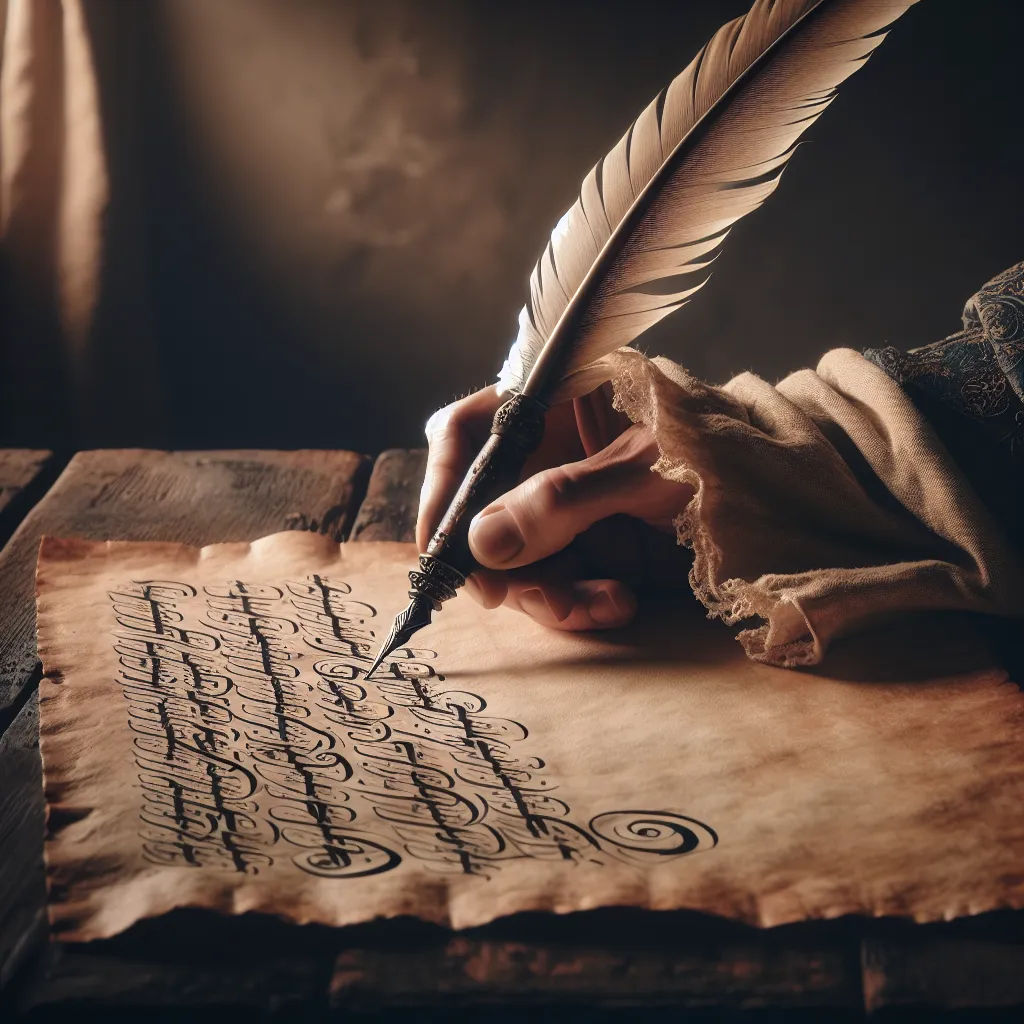
So, I Just Wrote a Book. Or Did I?
“Is it wrong that we've moved from parchment and quill to keyboards and now to voice dictation?
So, I Just Wrote a Book. Or Did I?
You know what? I just wrote a book. But did I actually write it?
When you think of how a book is written, you probably imagine the traditional scene: a diligent author hunched over a desk by lamplight, red-raw fingers pounding away at a typewriter. Or perhaps meticulously crafting cursive lines with a fountain pen leaking onto rolled brown parchment. I always saw something like that in my mind, at the very least involving paper!
But this journey to producing my first book has been a bit different than I imagined it would be. Let me take you through it.

The Power of an Outline
Everything started with the outline. From my experience assessing content, I penned a skeleton of what I wanted my book to be about. This wasn't just a bunch of random notes but a structured roadmap guiding you through the process - what to look for, how to judge it and why. Even though it looked like a mess of bullet points and scribbles at first, it was the blueprint of my book.
Say It Out Loud
Next up was the fun part—dictating my ideas to Fathom. Ever heard of writing a book by talking it out? That's exactly what I did! I poured out my thoughts, chapter by chapter, speaking as naturally as if I were sharing my story over coffee with a friend, but it was mostly just my cats listening.
Was it like listening to an audiobook or reading a book with your ears? Kind of! My words flowed freely, quickly capturing the essence and ideas of my process. Dictation allowed me to bypass the physical act of writing and embrace the creativity of storytelling. Although some of it was utter nonsense, it didn't take me long to find and delete those parts.

Editing: The Crafting Stage
Then came the editing phase. This was where I transitioned from a casual conversationalist back into an author. I took those spoken words and refined them. Editing is all about looking for the gold and polishing the diamonds—structuring the sentences, crafting the narrative, and ensuring every word serves its purpose.
Did I Use AI?
Of course I did! I'd be silly (and much slower) not to. I use Grammarly to check my grammar, ensuring my sentences are crisp and error-free. Plus, I bounce ideas off the Magai platform, gaining feedback and refining my concepts. AI tools have become invaluable partners in the writing process, making everything smoother and much more efficient. This is helpful for someone like me, who often forgets the great idea she had in the shower by the time I'm making my morning coffee.
The Modern Process: A Good Thing?
Now, you might be wondering, is the art of writing being replaced by technology? Is it wrong that we've moved from parchment and quill to keyboards and now to voice dictation?
I don't think so. Dictation and editing together form a dynamic duo, harnessing the spontaneity of spoken word and the precision of written language.
Do I need to do it the traditional way next time? Most likely not. I'm happy with this tech-infused process. And who knows what exciting new methods the future holds for us authors?
Full of Words, hosted by Sue and CJ, is a weekly podcast. Our mission is to uncover and celebrate the profound impact that words have on our lives and businesses.
